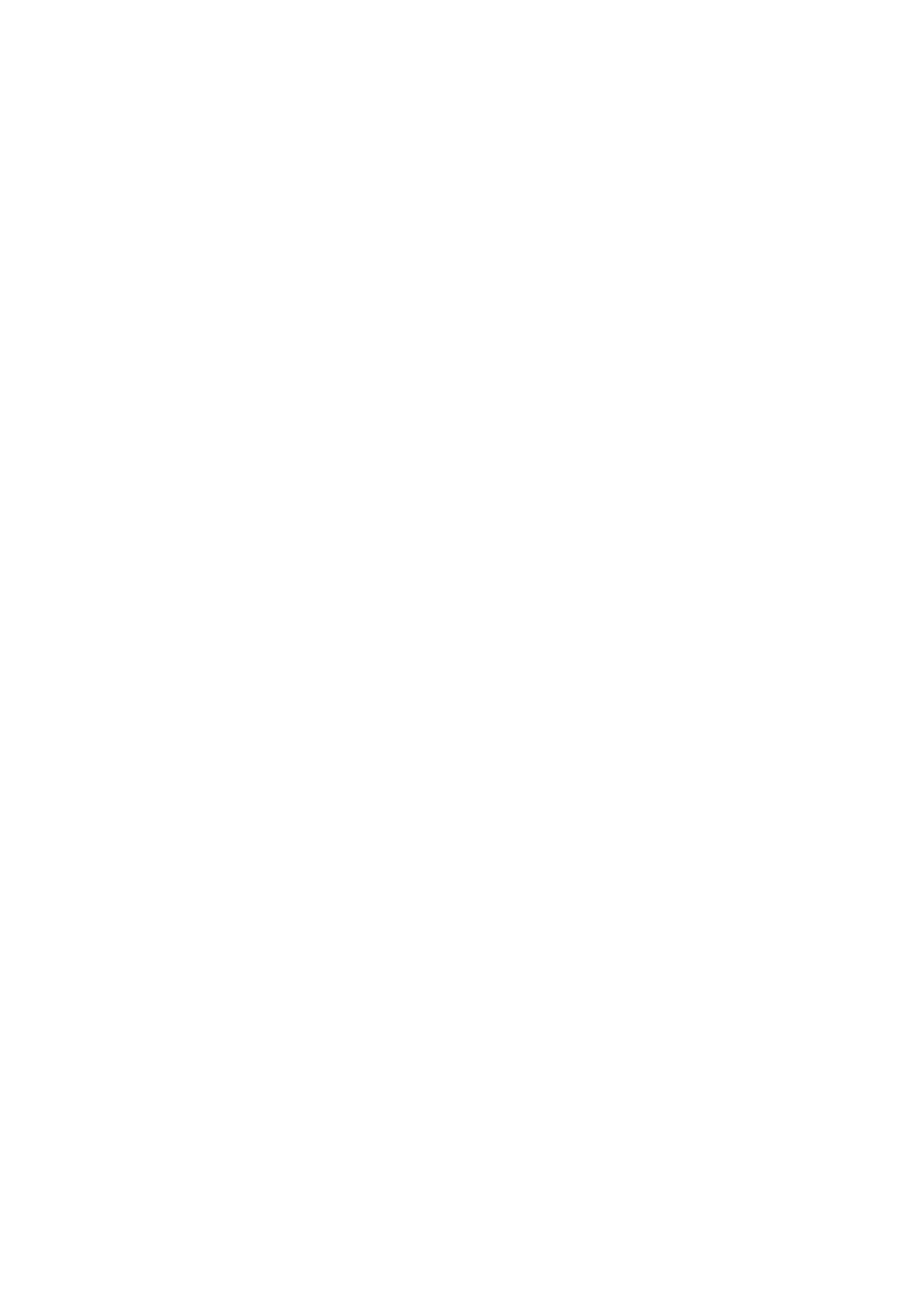
4.3 |
Iraq WMD assessments, October 2002 to March 2003
experience
gained during the UNSCOM inspections” and believed he
could
“exploit
weaknesses in the inspections regime” in resolution 1284
(1999).
•
Qusay
Hussein (Saddam Hussein’s son) had “instructed that the production
of
sensitive
materials be moved to other secret locations. We have little
intelligence
on these
locations …”
•
Iraq’s
concealment efforts were “widespread”. Iraq had “had time to
prepare”;
and stocks
of chemical and biological weapons would be “considerably
smaller
than after
the Gulf War”.
•
Intelligence
showed that “steps were being taken to prevent weapons
inspectors
from
finding any prohibited weapons, sensitive papers and documents,
including
by hiding
them in residential buildings, schools and private homes.
Duplicate
and
non-essential papers had been destroyed and the remaining archives
had
been split
up and hidden in the homes of trusted officials. In the absence
of
specific
intelligence, the prospects of successfully finding illicit
material at such
sites is
very limited …”
•
Iraq was
“exploiting dual-use sites and mobile production facilities” and
reporting
indicated
that it was “confident that any inspection of dual-use facilities”
would
be
“unsuccessful”: the equipment could be used for legitimate purposes
“and
any
incriminating raw material or prohibited product would be removed
before
any
inspection”.
•
Iraq had
“developed transportable biological production facilities with
the
intention
of not only making it harder to target them but also difficult to
find
them. Iraq
may also have dispersed stocks of chemical and biological
weapons
away from
suspect sites to avoid detection. Intelligence indicates that Iraq
has
explored
unorthodox options for delivering chemical and biological
weapons
which means
the weapons inspectors will have difficulty knowing what
to
look for.”
•
Iraq was
“confident in its concealment plans”. “The fact that Saddam
is
prepared,
temporarily, to allow sensitive equipment out of his
‘immediate’
control, indicates
the importance he attaches to retaining chemical and
biological weapons
and ballistic missiles.”
31.
Commenting on
Iraq’s repeated statements that it had “nothing to declare and
no
documents
to reveal”, the Assessment stated:
“… the
longer inspectors remain in Iraq the greater the likely impact on
Iraq’s
development
programmes. UNMOVIC are more likely to come up with evidence
of
proscribed
activity at Iraq’s missile facilities than those associated with
the chemical,
biological
and nuclear programmes. We judge that production could continue
at
a much
reduced level whilst inspectors were in-country. As the military
pressure
against
Iraq increases, its concealment policy could be undermined by the
Iraqi
requirement
to prepare its hidden stocks of chemical and biological missile
systems
for
military deployment.”
295
